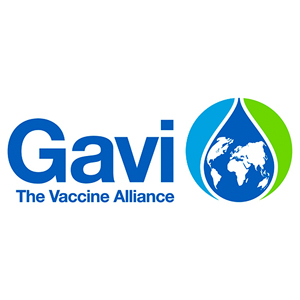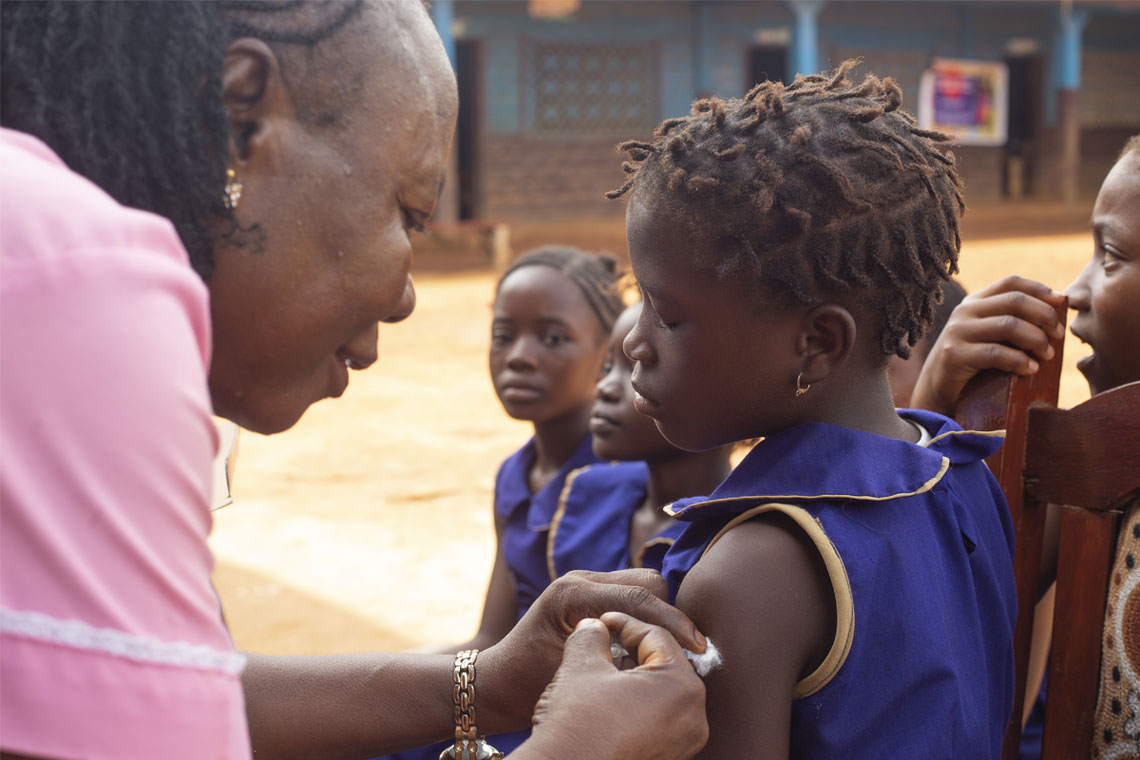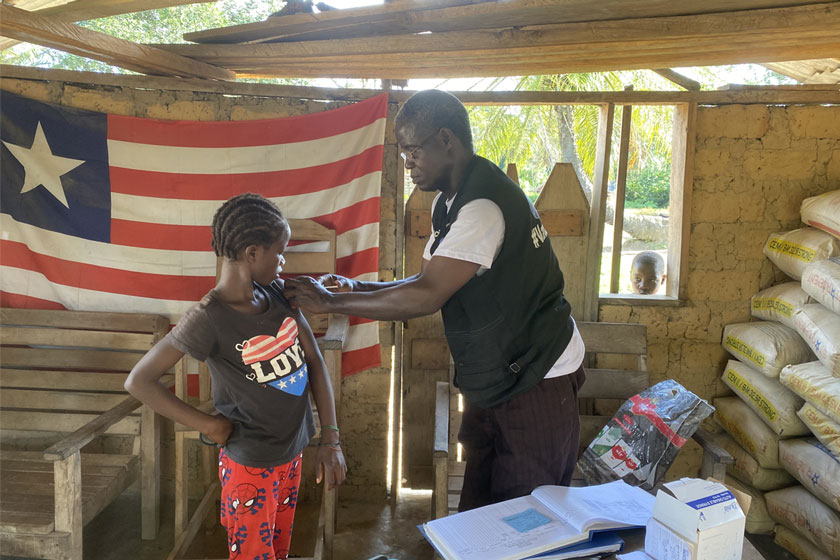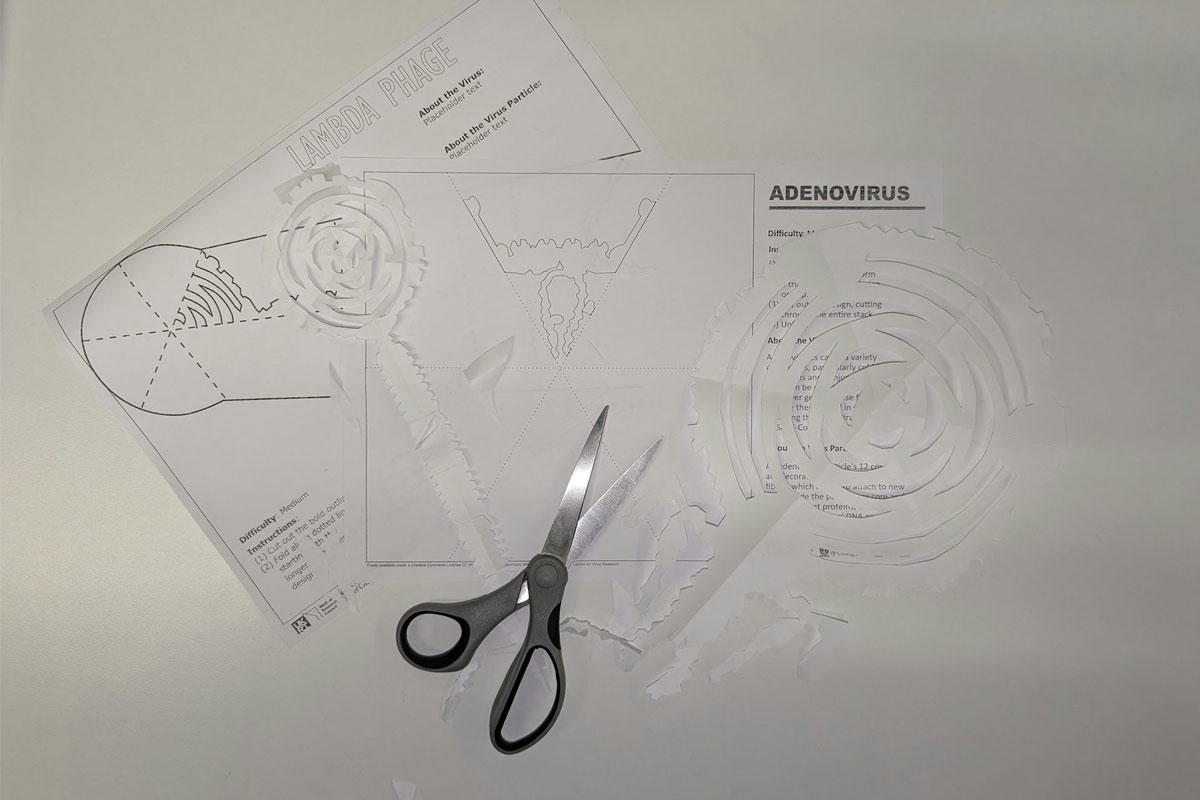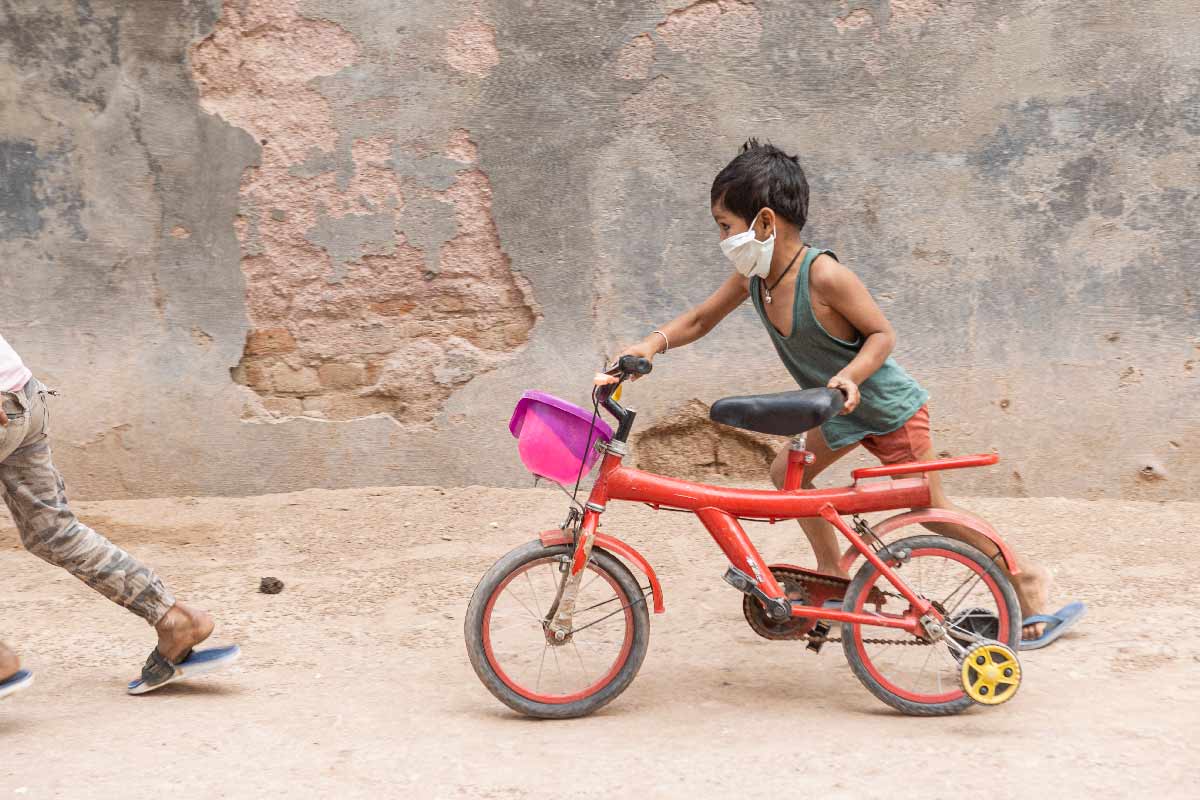Bettina Zoch-Özel, KfW Development Bank
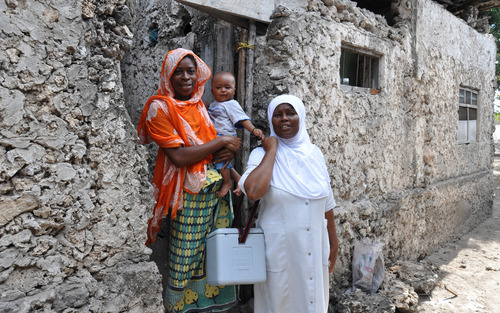
Tanzania has introduced an ambitious immunization scheme that includes visits at home and to far-away places. Photo: Gavi Path/Doune Porter.
It’s amazing to see what can be achieved with an idea and a few key ingredients: a solid strategy, the will to change things, a good implementing mechanism, the money to move forward and a big portion of commitment. That is precisely the what we had with the immunization scheme in the East African Community (EAC).
It all started out in Tanzania some years ago where Gavi was getting involved in financing vaccines and introducing new ones in order to push down child mortality. Particularly successful proved to be a pentavalent vaccine that provides protection against the five diseases tetanus, diphtheria, whooping cough, hepatitis B and Haemophilus influenza type B. This one was complemented by the introduction of two more new vaccines against rotavirus and pneumococcus.
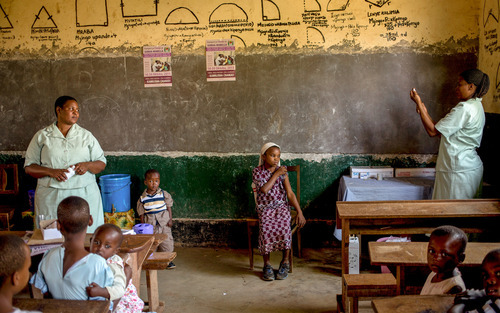
School children are waiting to be immunized. Photo: Gavi/Karel Prinsloo.
The result was that Tanzania became one of the first countries to successfully introduce both vaccines at the same time. KfW Development Bank supported this endeavor on behalf of the German Federal Ministry for Economic Cooperation and Development (BMZ) with all in all 34 million euros. However, funding the vaccines was not the only challenge. One of the difficulties was to develop a smart supply chain that could cope with the higher volume of vaccines, that guaranteed those in need would be reached, while at the same time keeping the vaccine vials intact. After all, Tanzania is a large country!
Together with Gavi and the financial support of KfW, the problem has since been addressed. Gavi developed a global supply chain strategy that shall help countries like Tanzania in modernizing their supply chains into demand-driven, efficient systems that deliver vaccines safely throughout the country keeping them cool under the given climate conditions. With KfW’s support that global strategy is brought to the country-level for implementation.
In fact, the project turned out to be so successful that neighboring countries started to get interested and involved as well. Hence, bilateral support has been expanded regionally to the four other member states of the EAC (Kenya, Uganda, Burundi and Rwanda). Representatives of the 5 EAC member states are now meeting regularly to address supply chain challenges jointly, to exchange experience and to learn from each other’s progress. This regional platform allows to interlink global strategic planning with regional implementation.

Keeping the vaccines cool is essential. A Tanzanian doctor is showing the necessary equipment. Photo: Gavi/Karel Prinsloo
Results so far have been encouraging. In 2013 alone 1.7 million children were immunized in Tanzania against five infectious diseases. The EAC immunization programs are already considered to be among the most effective and most ambitious in Africa.
KfW’s support will help them to secure these achievements in the long-run, but above all, it will help them to reach every child and to make a real difference for the people living there.
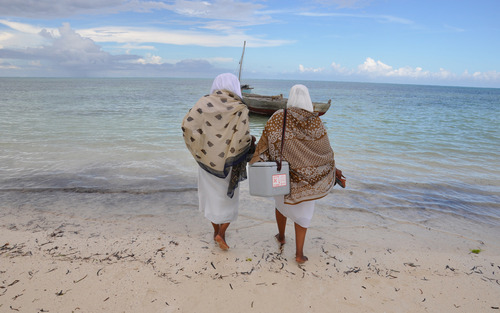
Reaching even remote areas without spoiling vaccines is a real challenge. Here: two immunization assistants on their way to patients in Zanzibar. Photo: Gavi Path/Doune Porter.
————————————————————————————————-
Bettina’s piece was kindly written in support of the Gavi pledging conference, which will take place on January 27th 2015, in Berlin.
To find out more about this opportunity to reach every child with life-saving vaccines, visit the event’s home page.

